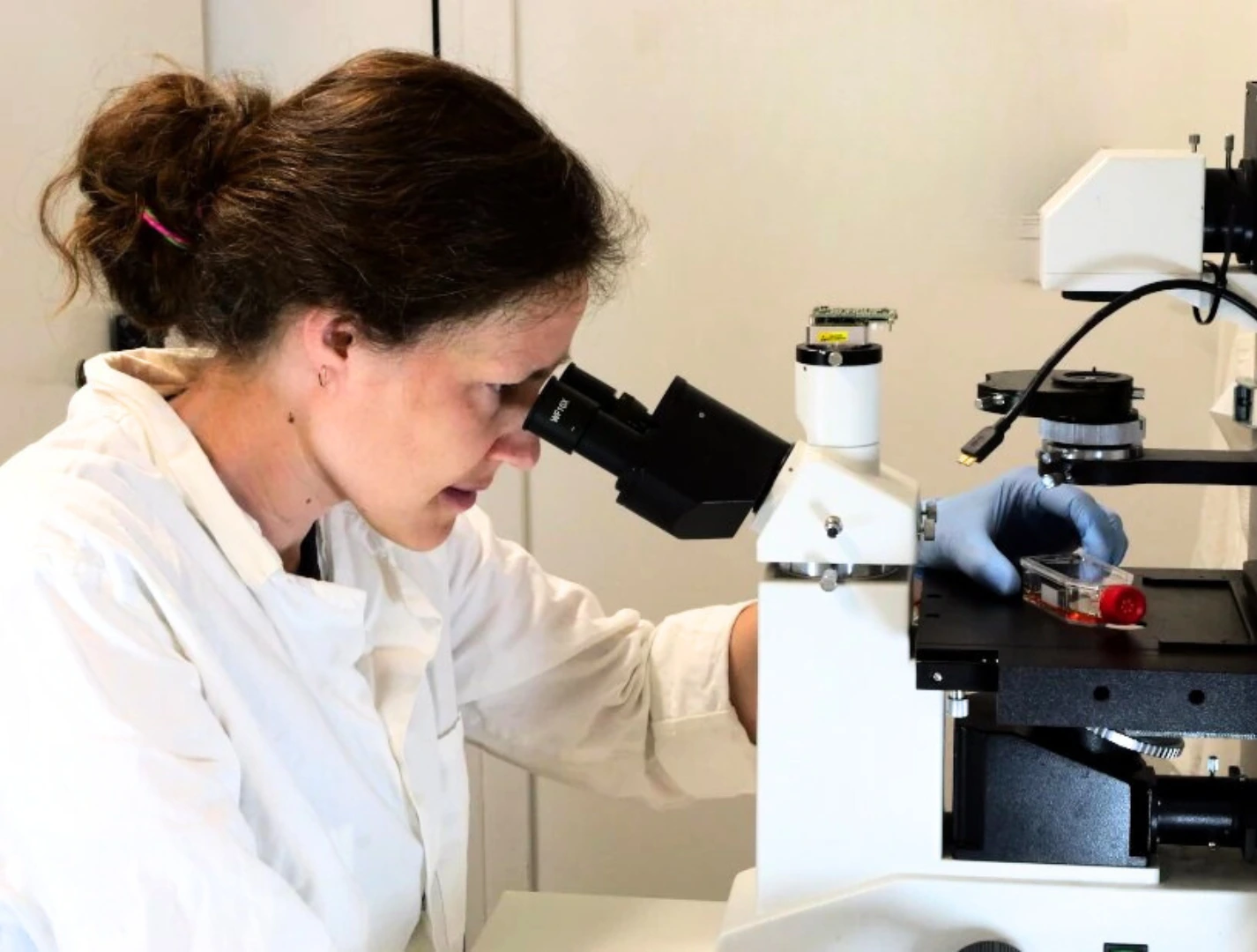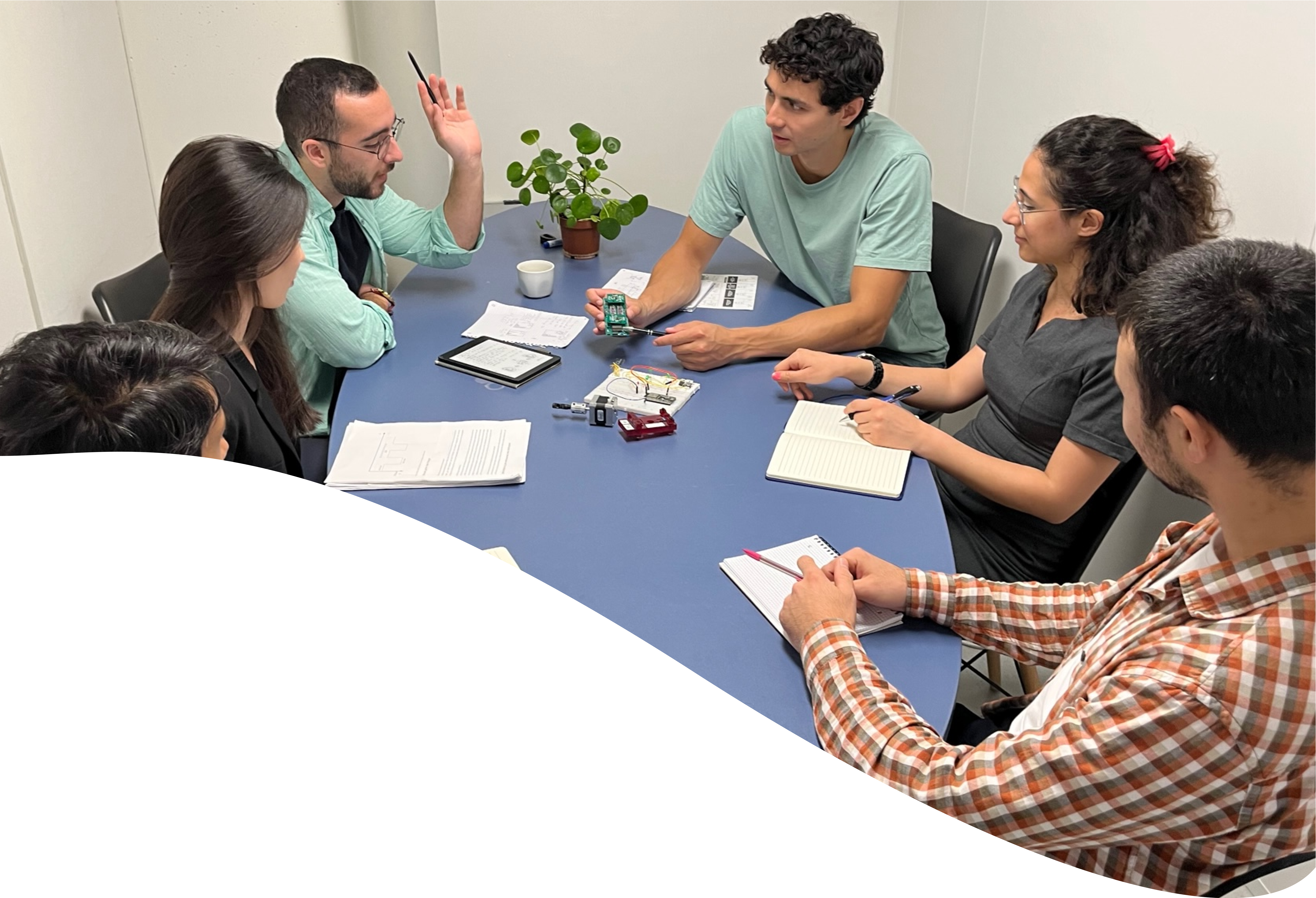Horizon Europe work programme drafts 2026-2027
Writer
Celeste Chidiac, PhD
Keywords
Microfluidic Devices, Intelligent Microfluidics, Artificial Intelligence, Machine Learning
Published
September 12, 2025
Deadline
September, 2026/2027
Keywords
Intelligent Microfluidics
Deep Learning
Microfluidic Devices
Artificial Intelligence
Machine Learning
health research
AI & data
Climate & Environment
Security & Resilience
Culture & Inclusive Society
Your microfluidic SME partner for Horizon Europe!
We take care of microfluidic engineering, work on valorization and optimize the proposal with you
Introduction to Horizon Europe work programme 2026-2027
This page offers a concise summary of the scientific scopes and the top priorities for future Horizon Europe programme calls for the years 2026-2027. Note that these work programme documents are made available under draft version only and await their definitive version and signing by the European Commission.
Based on experience gained from studying previous Horizon Europe iterations, the amount of stability is very high:
≈ 95% reliability on deadlines (the end dates will change by roughly a few weeks at most).
≈ 98% consistency of scope and subjects (the scientific content is seldom significantly changed).
Researchers and consortia can therefore treat these drafts as quite dependable roadmaps for initial preparation, proceeding under the assumption that minor changes can still occur before the production of the final publication.
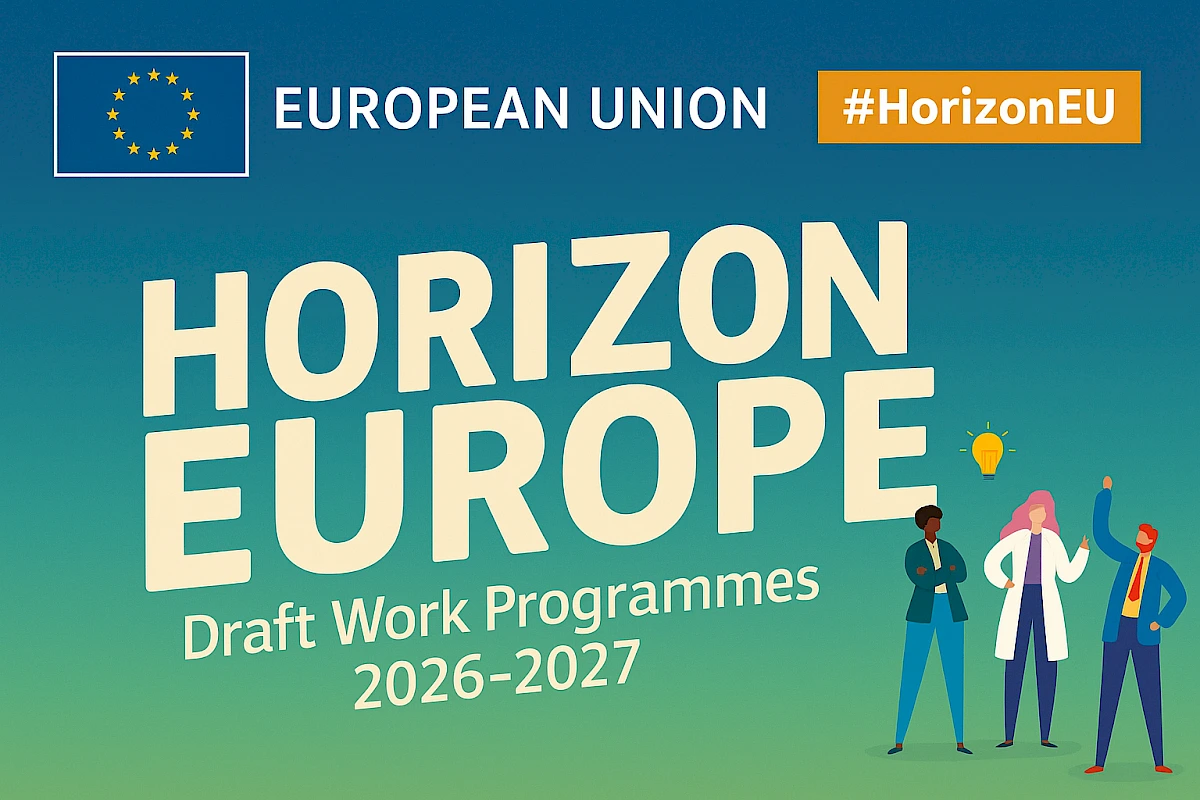
Also notable here is that:
-Indicative budget and can be influenced by availability and political priorities.
-Certain joint calls (e.g., Missions × NEB, or cross-cluster subjects) are uniquely sensitive to cross-service negotiations and can be adversely affected by small changes in formulation.
-Proposals will be required to adhere strictly to the final published versions on the Funding & Tenders Portal.
In short, such drafts are an incredibly precise forecast of the Horizon Europe opportunities yet to come. They can be used now for positioning strategy, partner recruitment, and first draft preparation of proposals, adjusting at the end once the official calls are published.
The PDFs of the work programme drafts can be found in the following links:
Cluster 2 – Culture, Creativity and Inclusive Society
Cluster 3 – Civil security for society
Cluster 4 – Digital, industry, space
Cluster 5 – Climate, energy, and mobility
Cluster 6 – Food, bioeconomy, natural resources, agriculture, and environment
European Innovation Ecosystems
European Innovation Council – from breakthrough science to scale‑up
New European Bauhaus Facility – neighborhood‑scale transformation
WIDERA – capacity, excellence, ERA reform
Discover more!
Horizon Europe work programme 2026-2027
Cluster 1 - Health
The newly released Health work programme for Horizon Europe revolves around five threads:
(1) Noncommunicable diseases (with special calls for mental and heart health and youth prevention),
(2) Climate, environment, and health (inclusive of health system and population resilience),
(3) Pandemic preparedness and antimicrobial resistance,
(4) Healthcare system redesign (effectiveness, equity, accessibility, sustainability)
(5) Digital/AI, data, and enable tech (as per the European Health Data Space (EHDS)).
Destinations consist of remaining healthy, health-enforcing environment, combating illnesses, equal accessibility of first-class care, tools/technologies/internet, and an innovational, competitive health sector for the EU.
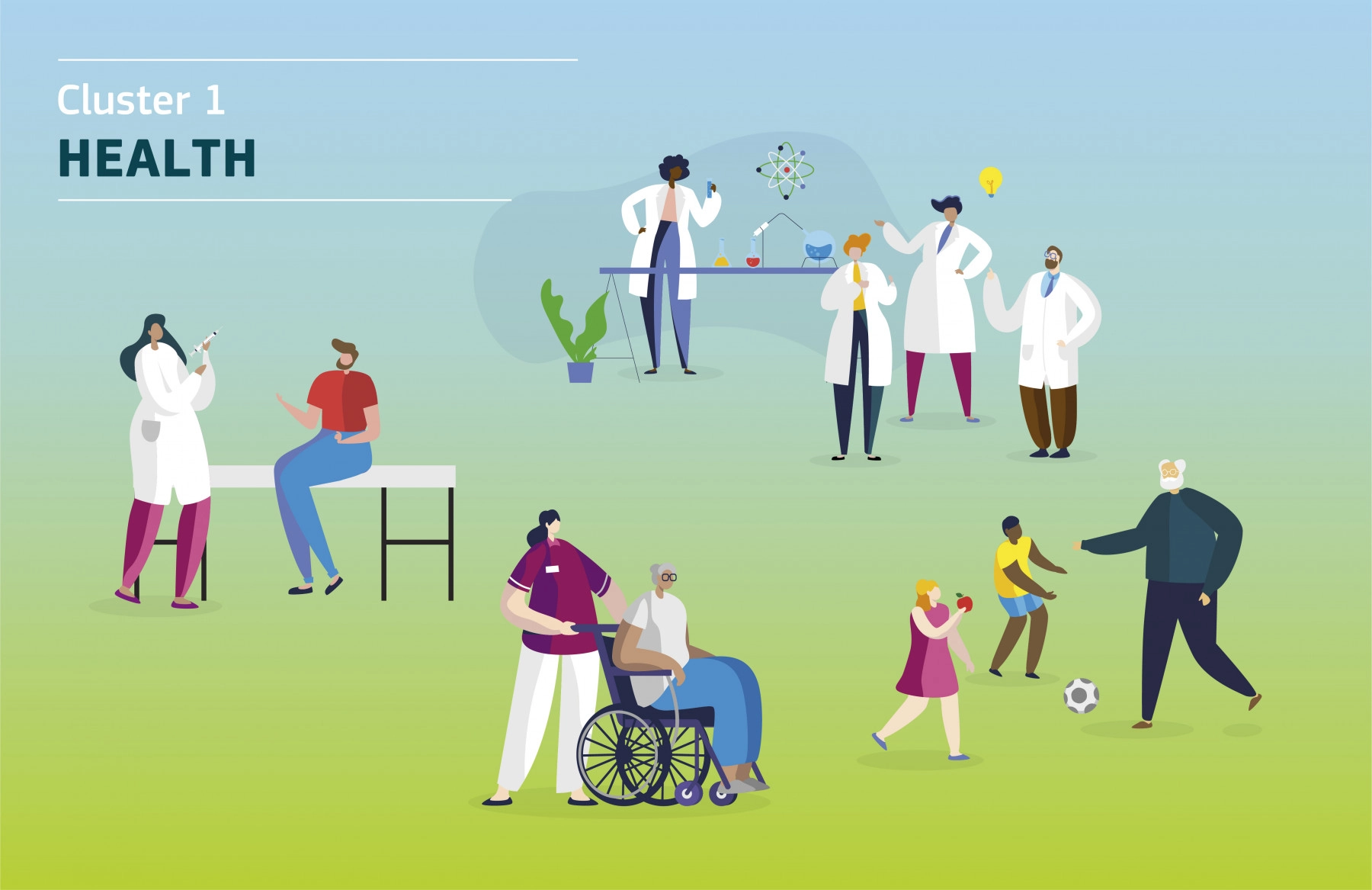
Some sample topics for the 2026–2027 programme include behavioral interventions for the prevention of non-communicable disease among the youth and investigations into post-infection long-term condition, through vaccines/antivirals/monoclonals for viruses/bacteria/parasites of epidemic potential, AI-predictive biomarkers, the virtual human twins, the bioprinting, the next-generation assessment methods, point-of-care diagnosis in a battery pack, through regulatory science and follow-on funding pilots. The draft also points out the need for public procurement for the development and enhancement of innovation and further collaborations (e.g., for rare disorders, pandemic preparation).
You can find the Work Programme of Cluster 1 health.
Cluster 2 - Culture, Creativity & Inclusive Society
Cluster 2 mobilizes SSH to support democratic governance and participation, protect and mobilize cultural heritage/CCIs for development, and negotiate socio-economic changes. Three destinations organize the call: Democracy & Governance (evidence for the defense of democracy, pluralist media, and resilience, such as the effects of AI on democratic processes), Cultural Heritage & CCIs (enhancing CCIs’ innovation capacity, creative startup, the role of creativity and AI, circularity of the sector), and Social & Economic Transformations (addressing inequalities, skills, employment, mental health and wellbeing, and migration and inclusion).
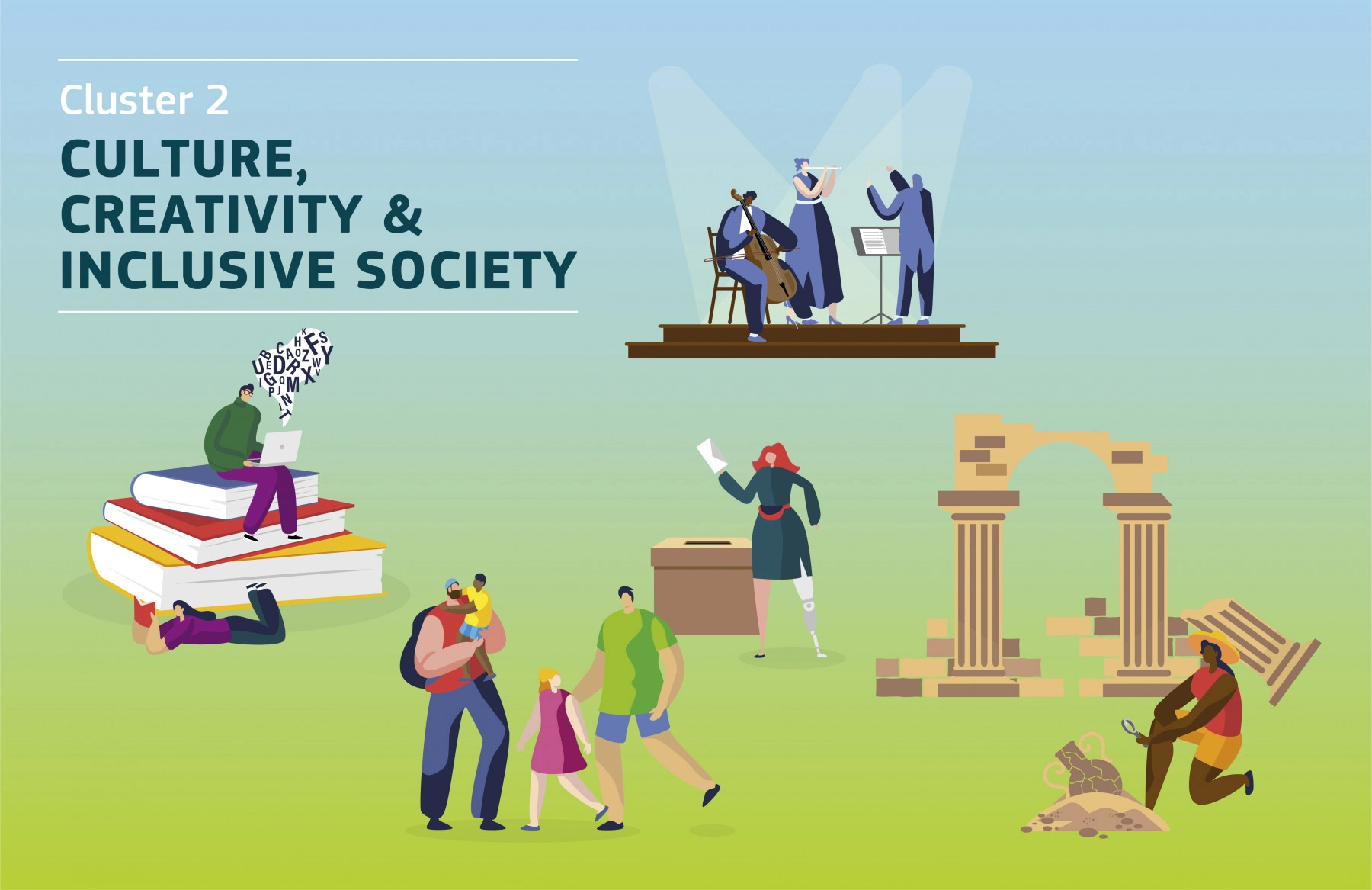
There is a newly agreed-upon European Partnership on Social Transformations and Resilience, financing SSH-centered R&I for work, social protection, education/skills, and a just transition. The outline highlights complementarity with Erasmus+, Creative Europe, DIGITAL, ESF+, ERDF/Interreg, and open-science strategies.
You can find the Work Programme of Cluster 2 – Culture, Creativity and Inclusive Society
Cluster 3 - Civil Security for Society
Cluster 3 tackles the shifting threat landscape, including war in Europe, hybrid threats, crime organizations, terrorism, migration pressure, climate disasters, and cyber threats. It is structured along five destinations: Fight Crime & Terrorism (FCT), Border Management (BM), Resilient Infrastructure (INFRA), Disaster-Resilient Society (DRS), and Strengthened Security R&I (SSRI).
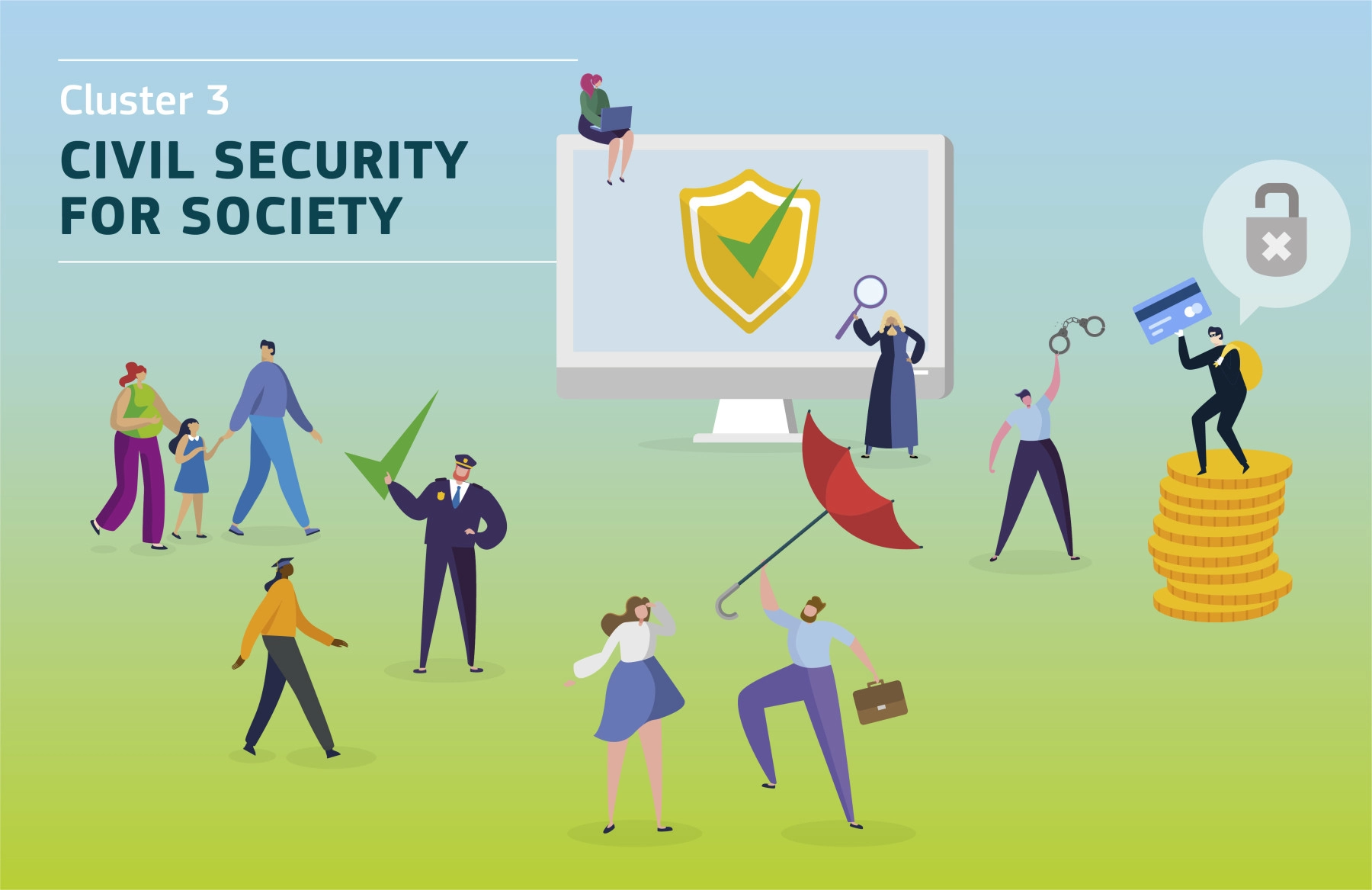
Topics covered include law enforcement’s capacity to handle climate-related challenges, prevention of misuse of emerging technologies (and related lawful access concerns), investigations into missing persons, links between addiction and crime, protection against lone-actor violence, advanced border surveillance and travel facilitation (correct age checks), critical infrastructure stress-testing software tools, multi-hazard and cascading risk analysis, search-and-rescue solutions in hazardous environments, and innovation procurement tailored to security needs. Cybersecurity topics will be handled through the European Cybersecurity Competence Centre under indirect management.
You can find the Work Programme of Cluster 3 – Civil security for society
Cluster 4 - Digital, Industry & Space
Cluster 4 encompasses advanced manufacturing and materials, circular manufacturing, raw material resilience, data/AI infrastructures, and open strategic autonomy for digital/emerging tech and space. The following topics are of interest in industry/materials: safe and sustainable by-design replacements; materials by AI acceleration for materials discovery; circular advanced materials; factory de/remanufacturing; process industries driven by the use of CO₂ and renewables; and a “Clean Industrial Deal” support line.
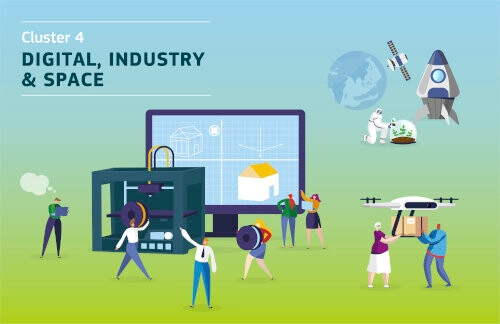
Data/AI/cloud: pilots for the Telco Edge Cloud (3C) continuum on the demand side; an open Internet stack; energy-efficient AI processing; compliant data usage/access; and decentralized/federated AI innovative ways of working. Emerging technologies: the RAISE pilot for AI in science (fellowships, lab automation, networks), next-generation AI agents and robotics, quantum sensors for inertial navigation, integrated photonics, regional cooperation on semiconductors, roadmapping of 2D materials, and horizon scanning/foresight. In the WP, there are tools for tech infrastructures, IP valorization, and pilot accessibility schemes for SMEs/startups.
You can find the Work Programme of Cluster 4 – Digital, industry, space
Cluster 5 - Climate, Energy & Mobility
This Work Programme has a wide and practical remit. Climate science and response topics include extreme-weather modelling, climate risk thinking for the whole of the EU, the economics of climate change, addressing misinformation, and leading-edge Earth-system expertise and scenario thinking. Cross-sectoral solutions address battery technologies (from sustainable materials through sodium-ion and long-duration storage) and Clean Industrial Deal interoperability. Energy supply topics cover a variety of renewables – wind, PV, solar thermal, biomass, geothermal, hydropower, wave, and tidal – and Africa-EU energy security collaboration. Energy systems emphasize the development of grid-forming capability, next-generation high-voltage direct current kits, forecasting through AI, energy sharing, training data for energy-sector-based models, and demonstrations of scalable digital tools.
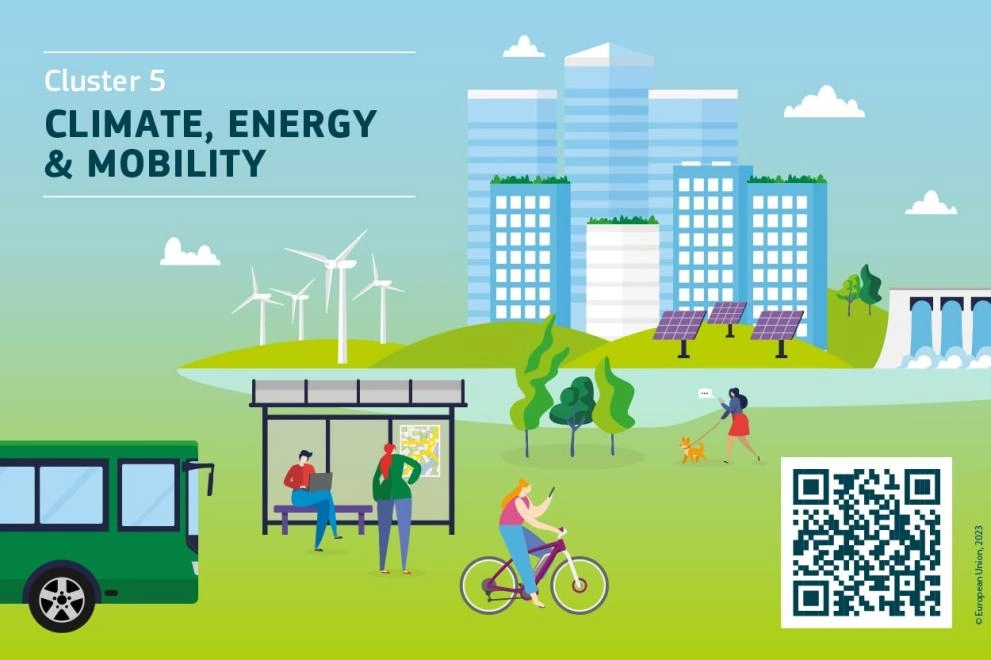
Carbon capture, utilization, and storage (CCUS) focuses on examining storage potential, direct air capture (DAC) technology, and supporting policies. Efficiency and infrastructure highlight deep retrofit (prefab/self-assembly), full life-cycle Carbon tracking platforms, and waste heat recovery. Clean transport topics encompass a range of areas, including electric heavy-duty long-haul demonstrations and Megawatt charging system (MCS)-compatible drivetrains, electric vehicle fire safety, aviation design utilizing AI, maritime safety, solid oxide fuel cell (SOFC) scale-up, next-generation ports, and energy-efficient hull designs.
You can find the Work Programme of Cluster 5 – Climate, energy, and mobility
Cluster 6 - Food, Bioeconomy, Natural Resources, Agriculture & Environment
Cluster 6 converges the sub-themes of biodiversity, food systems, circular bioeconomy, zero pollution, and climate-related land/ocean/water management. Biodiversity sub-themes encompass science-policy support, drivers of insect decline, groundwater and deep-sea systems, effectiveness of protected areas, living labs for ecological restoration, future nature-positive futures, and competitiveness of agrobiodiversity. Food systems under the Farm2Fork approach encompass crop health, resistance to pesticides, development of protein crops, breeding for perennial crops, circular/diversified models for livestock, controlled-environment agriculture, plant protection through the reinforcement of ecosystems, microbiome science, healthy diets for heart health and ageing, and Africa-EU cooperation.
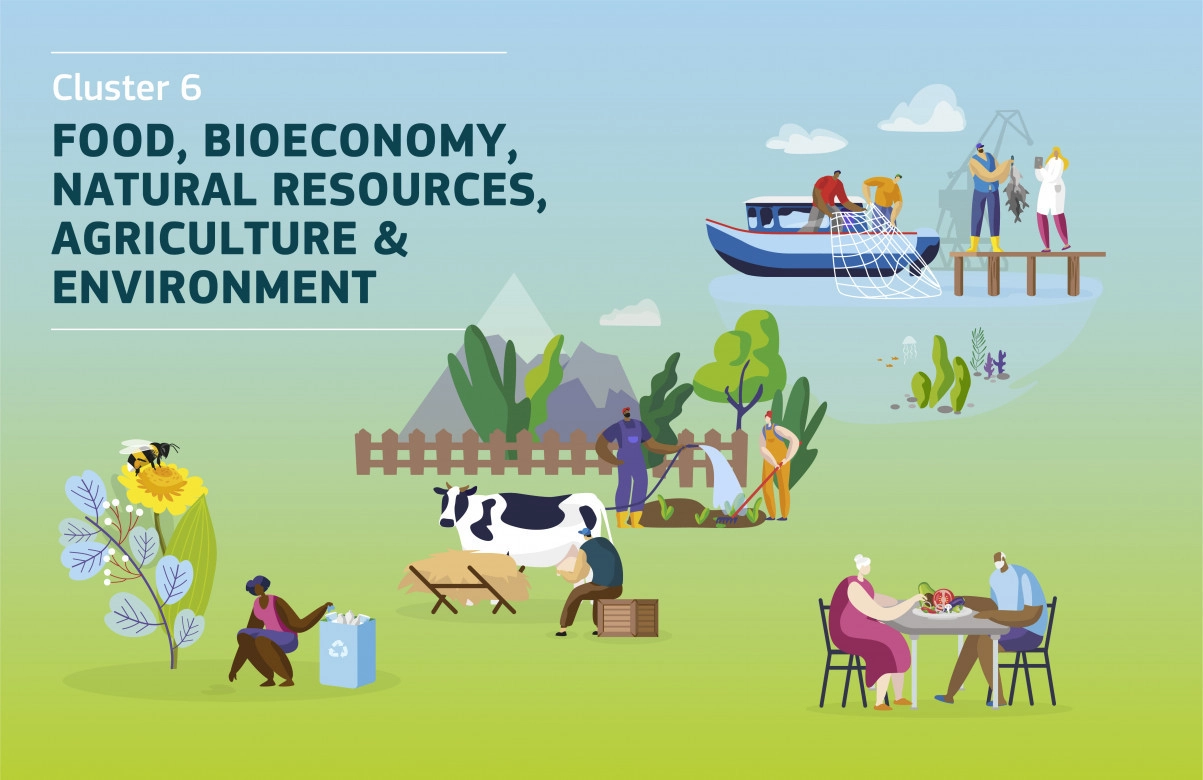
Circular and bioeconomy concerns encompass circularity of packaging for food, recycling of clothes, recovery of electronics, and mineral waste of electrical and electronic equipment (WEEE) and critical raw materials (CRMs), living labs for the region/city, mapping of biomass flows, marine-based standards and innovations, and (subsequently) electronics and buildings’ eco-design, and biotech for the utilization of captured carbon. Zero-pollution work encompasses underwater noise, bioremediation of the Ukrainian ecosystem, rural recharge of the aquifer, strategies for air quality, and reducing agricultural emissions. Land/ocean/water policy coherence and management are also assessed.
You can find the Work Programme of Cluster 6 – Food, bioeconomy, natural resources, agriculture, and environment
European Innovation Council (EIC) - from breakthrough science to scale up
The EIC WP (drafted on 05 June 2025) provides the programme layout for 2026 and the sectors for deep-tech proposals. It comprises EIC Pathfinder (Open & Challenges), EIC Transition, EIC Accelerator (Open & Challenges), STEP Scale-Up call, Business Acceleration Services (coaching, fairs, procurement access, Scaling Club), and Prizes (e.g., Women Innovators, iCapital). Annexes cover fast-track and plug-in schemes for the Accelerator, booster grants for past EIC winners, and IP counsel for Pathfinder/Transition.
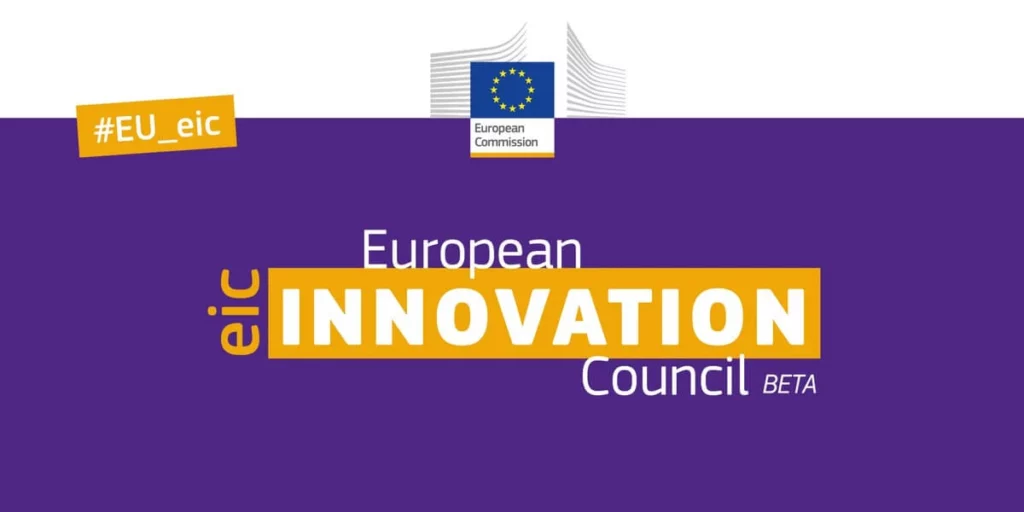
The EIC Fund shall provide equity support for de-risking breakthrough innovations and mobilizing private capital. Innovators shall form their proposals along the pipeline, Pathfinder → Transition → Accelerator, and observe the novel Advanced Innovation Challenges (pilot).
You can find the Work Programme of the European Innovation Council
European Innovation Ecosystems (EIE) - what it funds and why it matters
EIE is built upon Destination CONNECT: designing innovation ecosystems for the conversion of research into cross-border, venture-backed products and services. Some of the highlights for 2026 include the Pan-European Alliance for Deep Tech Scaling (European Startup and Scale-Up Hubs pilot). Startup Europe and interaction with philanthropic players are added in 2027.
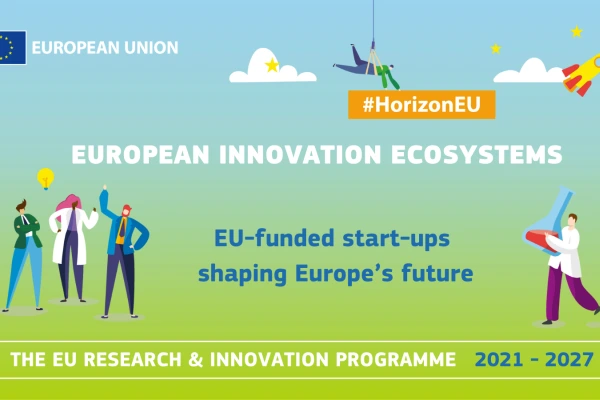
Key enabling actions include the renewal of the EU IP Helpdesk, technical support for the Regional Innovation Valleys, EUREKA fees, and national innovation procurement arrangement benchmarking. If your laboratory creates marketable IP or if you run a TTO or network, EIE is where you need to build capacity, make deal flow, and get procurement-ready.
You can find the Work Programme of European Innovation Ecosystems
CALL EU Missions
The Missions Work Programme covers the following five missions: Adaptation to Climate Change, Cancer, Oceans & Waters, Cities, and Soil.
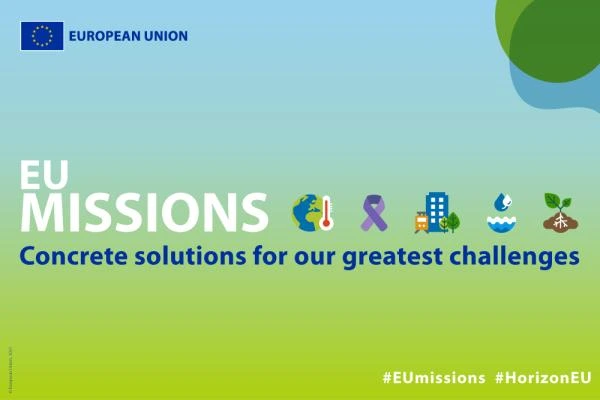
- Climate: establishing centers bridging national and subnational activities, developing standardized adaptation plans and services, and protecting sensitive heritage. In 2027, topics include AI for climate resilience.
- Cancer: research on Virtual Human Twins, the microbiome, pragmatic trials, palliative care, and mental health. Future topics: functional genomics, rare cancer clinical trials, and affordable tech.
- Oceans: large-scale habitat maps, pollution control, biodiversity, co-management among fishermen, and Digital Twin Ocean. In 2027, the topics are coastal resilience, circular seafood systems, green harbors, and blue forestation.
- Cities: 2026 priorities are public transport and low-temperature heat. By 2027, topics broaden to microgrids, city-wide hydrogen, multimodal nodes, and the circular logistics city.
- Soil: activities focus on tracking soil health, antibiotic resistance in the soil, and innovation support for Ukraine.
These Missions are deployment-oriented, multi-actor, and have specific trajectories for their execution.
You can find the Work Programme of EU Missions
New European Bauhaus Facility (NEB) - neighborhood scale transformation
The NEB Facility (2025 – 2027) aligns research, innovation, and implementation with the transformation of neighborhoods based on the values of beauty, sustainability, and inclusion.
It finances three core sectors:
- Green transition & social inclusion – including responses for homelessness and reconfiguring neighborhood development.
- Circular built environment – from thermal comfort and repair through the optimization of vertical spaces and, subsequently, hybrid materials and reactivated corridors.
- New funding models – like redeveloping inactive spaces and mobilizing the capital markets, and, subsequently, community investing and modular building.

A joint NEB-Soil call addresses the issue of soil sealing. NEB is appropriate for urban systems, designers, materials innovators, and social innovators who are looking for hands-on, community-oriented pilot spaces.
You can find the Work Programme of the New European Bauhaus Facility
WIDERA - capacity, excellence, ERA reform (the “enablers” for your R&I)
WIDERA aims to achieve two goals: widening access and excellence, as well as reforming the European Research Area (ERA). In 2026, the instruments are Teaming Synergies, Twinning, Excellence Hubs, the Hop-on Facility, Research Management Facility, and ERA Fellowships. In 2027, the new instruments are the EIC Pre-accelerator (Widening), ERA Chairs, and ERA Research Managers. ERA reform asks for 2026 to highlight open science and evaluation reform, institutional capacity-building for ethical and inclusive research, and the development of open/sustainable ERA landscapes.
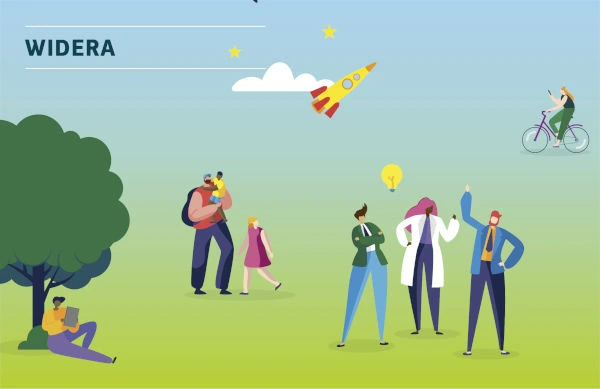
Initiatives consist of spinoff pilots for scientists and citizen engagement initiatives like the EU Citizens’ Hackathon Championship and “Science Comes to Town 2028.” In 2027, the topics are IP retention strategies, talent landscapes, and “Science Comes to Town 2029.” The programme also involves gender equality prizes, COST support, the EURAXESS/ERA Talent Platform, and CoARA actions. For institutional entities residing in the more remote territories, the WIDERA programme is the primary portal for developing excellence and entering mainstream R&I projects.
You can find the Work Programme of WIDERA
INFRA - Research Infrastructures
INFRA strengthens Europe’s research infrastructure landscape by supporting ESFRI and ERIC facilities, advancing the European Open Science Cloud (EOSC), and promoting open, sustainable, and innovative research environments. Through its four destinations -INFRADEV, INFRAEOSC, INFRASERV, and INFRATECH – it underpins the competitiveness and long-term sustainability of the European Research Area while encouraging greener, more efficient infrastructures.
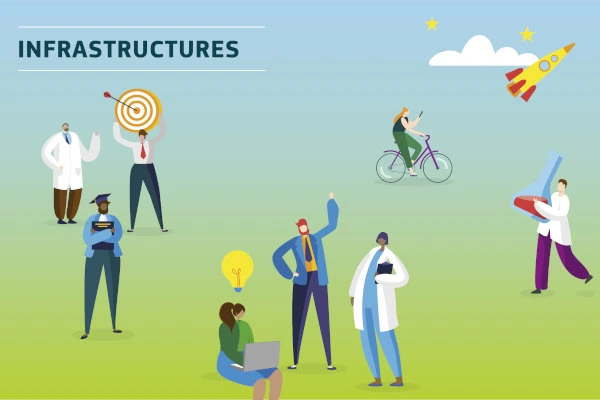
In 2026-2027, INFRA will concentrate on consolidating the RI ecosystem and ensuring its long-term resilience. Priorities include deepening EOSC implementation with trusted frameworks for data sharing, expanding transnational access via pilots aligned with EU priorities, and driving next-generation instrumentation and digital solutions such as digital twins. The work programme will also reinforce skills, international cooperation, and industry engagement to turn research capacities into innovation and tangible societal benefits.
You can find the Work Programme of INFRA
Horizontal Activities
This work programme pilots two cross-cutting thrusts: (1) a large, bottom-up, industry-led push to accelerate fit-for-deployment clean technologies and industrial decarbonization in Europe -explicitly designed to bridge R&I with the Innovation Fund via strong business plans and market-readiness strategies; and (2) RAISE (Resource for AI Science in Europe) pilots to embed AI across scientific discovery through networks of excellence, automated labs/discovery, and dedicated doctoral training.
The Horizontal part positions these as enablers of the Clean Industrial Deal and of EU competitiveness/resilience, with expected impacts spanning faster deployment, strengthened value chains, and strategic autonomy, and leveraging public-private investment.
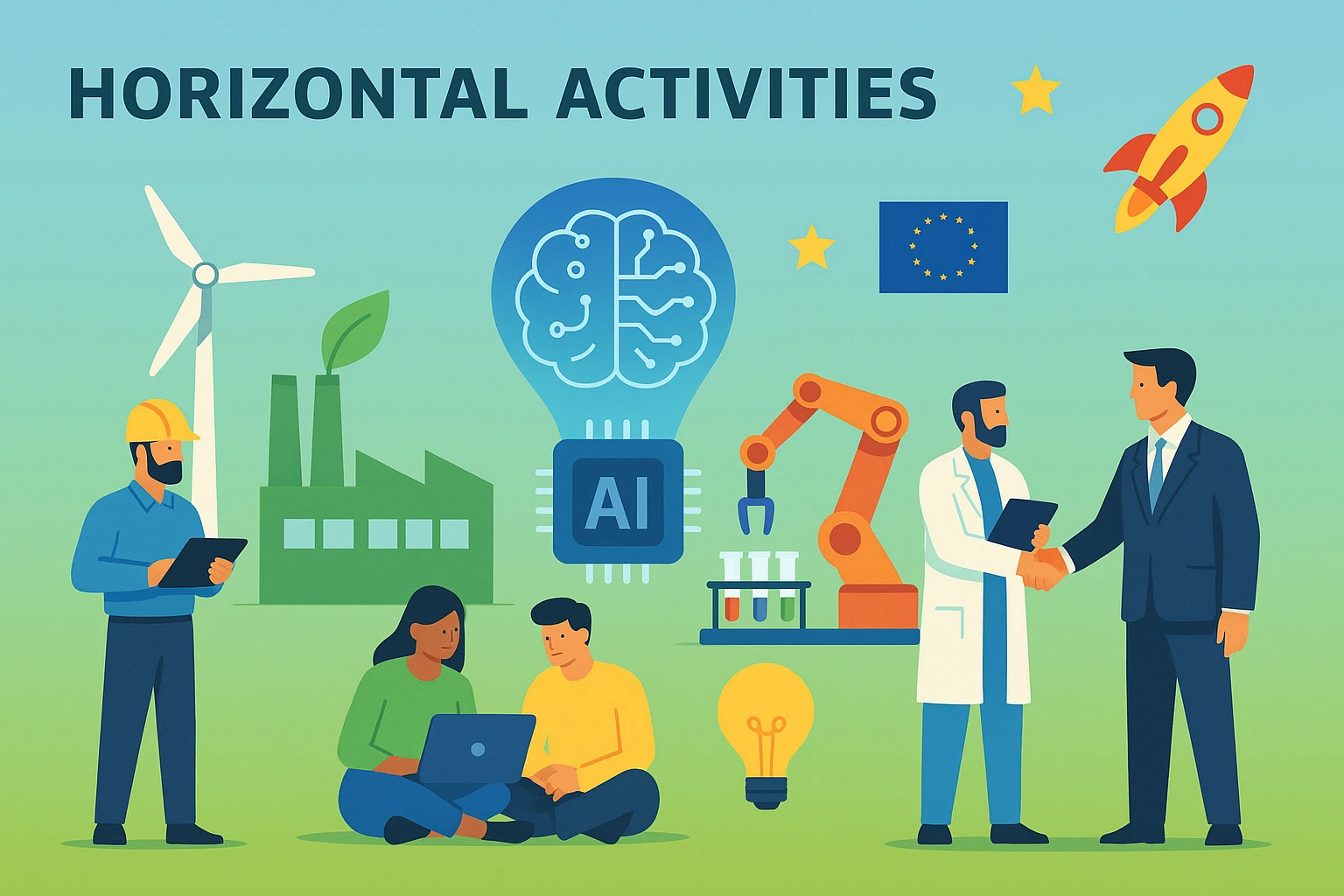
In 2026, the AI in Science package funds two Thematic Networks of Excellence (including one focused on agriculture/environment) and launches RAISE Doctoral Networks (MSCA-style) to train researchers in AI-driven methods. In 2027, AI actions shift to Automated Scientific Discovery (including a food research track). In parallel, the clean-industry thrust culminates in a major Clean Industrial Deal call underpinning deployment-ready demonstrators for energy-intensive sectors (e.g., steel, cement, chemicals) and clean tech integration, aligned with Cluster 4/5 initiatives and European partnerships.
You can find the Work Programme of Horizontal Activities
The MIC already brings its expertise in microfluidics to Horizon Europe:
H2020-NMBP-TR-IND-2020
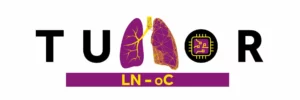
Microfluidic platform to study the interaction of cancer cells with lymphatic tissue
H2020-LC-GD-2020-3
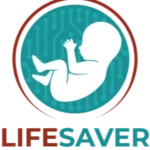
Toxicology assessment of pharmaceutical products on a placenta-on-chip model
FAQ – Horizon Europe work programme drafts 2026-2027
What is available on this page, and why is it important to a team consisting of microfluidics?
It is a reading guide to the Horizon Europe 2026-2027 Work Programme, restructured according to the extent to which each call is relevant to microfluidics. Rather than sifting through dozens of clusters and destinations, you receive a brief list of high-yield topics of flow control, lab-on-chip, organ-on-chip, diagnostics, bioprocessing, point-of-care manufacturing, and automation. Put in another way: the less noise, the more targets.
Who is this for?
R&D managers and principal investigators, who already possess a concept or platform and require (a) making the right call; (b) fitting on TRL, budget, and scope; and (c) building a credible consortium with industry and clinical validation. Even when you are not accustomed to EU funding, it helps, but truly stands out when you have teams that are able to go from idea to prototype fast.
How should I read the list?
Three stand out:
- Cluster 1 (Health): diagnostics, point-of-care, AMR, pandemic readiness, digital biomarkers, “virtual human twins,” bioprinting, and regulatory-science pilots, classic lab-on-chip / organ-on-chip territory.
- Cluster 4 (Digital, Industry & Space): smart manufacturing, safe-and-sustainable-by-design materials, integrated photonics, energy-efficient AI, and lab automation (RAISE). Great for microfabrication, AI-led materials, and instrument engineering.
- Cluster 6 (Food/Bioeconomy/Environment): microbiomes, water systems, zero-pollution, bio-based processes, controlled-environment agriculture, good matches for flow chemistry, microreactors, and environmental sensing.
Others can still be useful (e.g., Cluster 5 for energy-related microreactors or thermal management), but these three are the quickest “plug-and-play.”
Begin with relevance, not with labels of administrative clusters.
For each call:
- Sanity-check the type of action (RIA, IA or CSA), and the range of anticipated TRL,
- Take the three or four problem statements desired to be solved by the callout,
- Match your deliverables with those problems (one deliverable, one problem),
- Check end-user participation (hospital, end-user bioprocess operator, device manufacturer),
- Establish that validation measures can be obtained in 24-36 months.
When two calls are seemingly similar, choose the one for which you can report quantitative results (e.g., limit of detection, throughput, yield) by month 18.
What is the Type of Action that is common to microfluidic R&D?
Much of platform-building and method-development primarily falls under RIA (research and innovation actions), typically at levels 3-5, with a focus on 5-6. In cases where a strong prototype is already developed and the intent is to pilot or scale up (biomanufacturing skids, cartage manufacturing, clinical performance testing), IA will be more achievable (TRL = 5-7). CSAs are roadmap-based, standards-based, training-based, or ecosystem-building- helpful when you are at the head of a network.
How much can I say in my stage TRL template?
Be moderate and pointless. Typical anchors:
TRL 3: theory proven on a bench (e.g., flow simulation + first chip single-phase PMMA/PDMS).
TRL 4: partial Breadboard with working assays that can be reproduced in your lab.
TRL 5: a prototype that is tested and where the measurements can be quantified (e.g., CV <5% on 30 cartridges).
TRL 6-7 pilot line/clinical/field clinical/field trials and external users and QA processes.
In between the levels, explain it with data (n, replicates, inter-operator variance).
What can be funded in microfluidics (other than the obvious science)?
Three patterns recur: Not only end validation (LOD, throughput, COGS per cartridge, MTBF) but also early validation. Specific adoption pathway (i.e., how a hospital will incorporate your cassette in their existing pre-analytical process, or how a CMO processes your chip at 1,000+ units/week). Manufacturability at the very beginning: tolerances, materials (COC/COP vs. PDMS), bonding yield, and test jigs.
What about two similar subjects that become a reality?
The score of each of the questions is rated between 1 and 5: (1) Can we achieve the intended TRL in 30 months? (2) Do we have an end-user on day 1? (3) Do we have a metric that can be moved by 30% to the state of the art? (4) Can it be operated on a pilot scale and yield documented results? (5) Do we have a feasible path of exploration (licensing, OEM, in-house product line)? Choose the one with which you agree on four or more.
Is there a red flag to submit a proposal?
Yes: (a) fabrication by use of pure PDMS, no intention to transition to thermoplastics; (b) fabrication by validation where the design is constrained, has no blinded samples or cross-site test; (c) no end-user partners are visible up to the end; (d) no budget for fixtures, leak-testing rigs, or reference materials; (e) qualitative KPIs instead of quantified.
What is the worth of the Microfluidics Innovation Center (MIC) to a proposal?
We slot into three hard parts:
Flow control (valving, manifolds, firmware, chips) engineering.
Prototype-to-pilot transmission, fixtures, construction of mini-series, and QC.
Grant architecture: workplan logic, risk tables, KPIs, and a budgeting one are perfectly readable.
